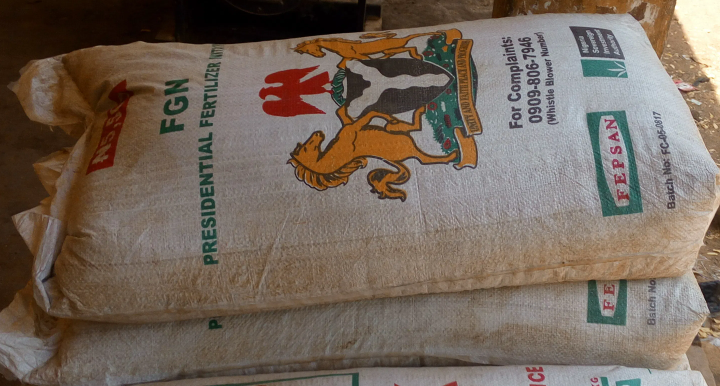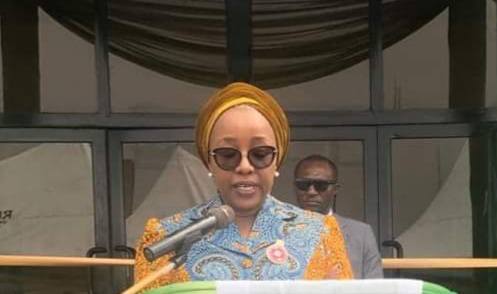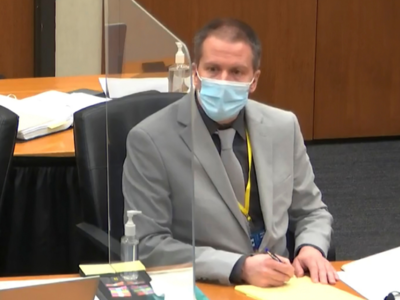Ernest Umakhihe, permanent secretary, ministry of agriculture and rural development, says accurate and timely fertiliser information is needed for implementation of agricultural projects.
Umakhihe said this at the launch of the visualising insights on fertiliser for African agriculture (VIFAA) dashboard for Nigeria.
The dashboard, which is intended to collate and analyse fertiliser data, will help farmers, stakeholders and policy makers assess the production, supply, availability, consumption, pricing and quality of fertiliser in the country.
The permanent secretary said the ministry’s fertiliser inspectorate unit, which also collects data at state level, will work on the dashboard to harness data from different sources outside the ministry.
Advertisement
“Nigeria presently needs accurate, adequate and timely fertiliser information to help farmers, decision-makers and the general stakeholders in the planning and implementation of agricultural projects and programmes,” he said.
“To facilitate swift data collection, the ministry has established the fertiliser inspectorate unit, which will in addition to working as foot soldiers in the implementation of the fertiliser Act and regulations at the state level, will also be collecting fertiliser data.
“This effort has been boosted with the coming of the VIFAA Nigeria dashboard, which can harness and analyse data from different sources aside from the ministry.”
Advertisement
Beverley Hatcher-Mbu, project manager of Development Gateway — the company which alongside other partners developed the VIFAA dashboard — said the purpose of the project, sponsored by the Bill and Melinda Gates Foundation, is to help the public and private sectors in decision making.
“The dashboard gathers key data on Nigeria’s fertiliser sector on price, consumption and product availability and makes it easy to use, easy to access, and free to the public. So, anybody — private sector, public sector — can use it,” Hatcher-Mbu said.
“Now, it is clear that Nigeria has moved from being an importer to an exporter. So how does that change the decisions that companies make? How does that change the decisions that the public sector makes? We want everybody to have the best, most trustworthy data available to make decisions together. So, that’s really for us, the key output of this dashboard,” she said.
Also speaking on Wednesday, Abdullahi Adamu, chairman, senate committee on agriculture and rural development, who was represented by Bima Muhammad Enagi, vice chairman of the committee, said the dashboard will provide data for the legislature to make informed decisions and create an enabling environment for farmers to maximise production.
Advertisement
Add a comment






